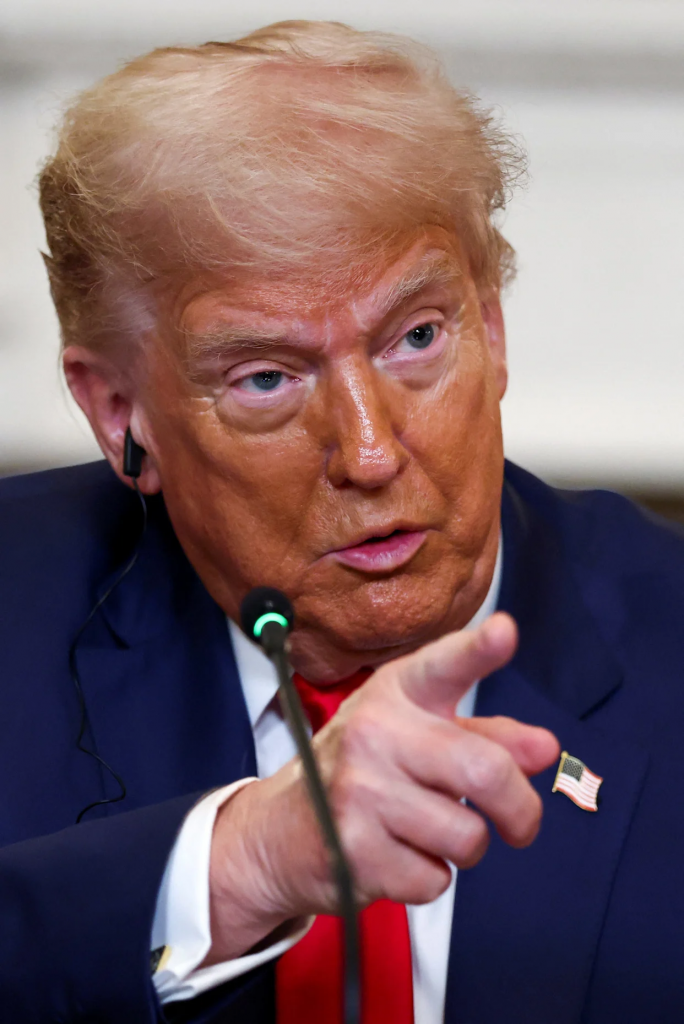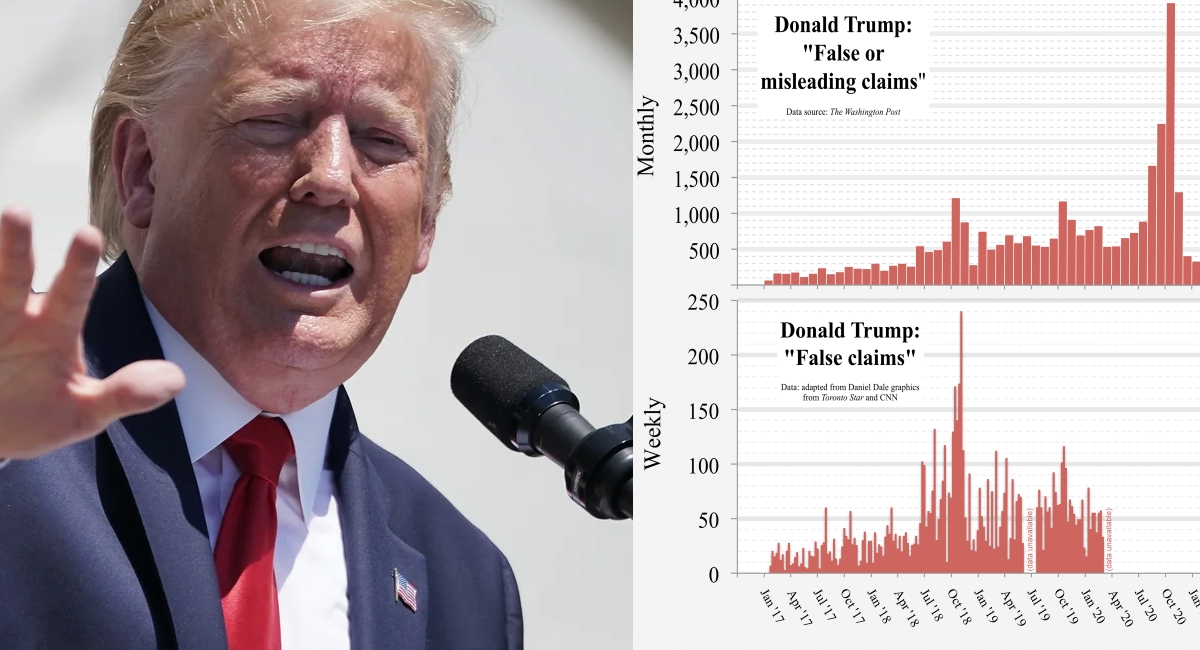House Speaker Mike Johnson stunned audiences when he confidently told reporters that Donald Trump’s approval rating had soared to “an unbelievable 90%,” citing a CNN segment. But digging deeper into the data reveals a very different reality, with national numbers painting a far less flattering picture of Trump’s standing. An analysis from political reporters suggests Johnson’s claim only reflects partisan Republican support, not a nationwide metric.
A July 16–18 survey from CBS News and YouGov shows just 42% of all Americans approve of Trump’s job performance. Johnson, however, referenced a figure close to 90% among GOP voters—rounding it up to craft a headline-grabbing claim. In a televised interview, he cited CNN’s poll without clarifying that it applied strictly to Republican respondents.

“CNN had a story… he was at a 90% approval rating! There’s never been a president that high,” Johnson declared.
When examining broader polls, the numbers tell a very different story. An AP-NORC survey conducted just days earlier shows Trump hovering around 40% approval among all voters, with over half of respondents expressing disapproval. That poll breaks down how Americans remain deeply divided on his immigration policies, economic management, and leadership style.
Even Trump’s long-touted stronghold—immigration—is showing signs of weakness. A CBS/YouGov poll indicates that support for his immigration agenda has dropped sharply, falling 10 points since March. The latest survey results suggest that more voters now see his border policies as “too aggressive” or “ineffective.”
“This is the highest I’ve ever seen in my career—but it’s mostly Republicans,” one pollster said, responding to Johnson’s claim.
On social media, Johnson’s remarks went viral for all the wrong reasons, with critics accusing him of “weaponizing statistics” to boost Trump’s image. A sharp rebuke from political analysts described the statement as misleading and potentially damaging to Republican credibility heading into midterm season.
Trump himself has embraced the narrative of sky-high popularity, posting on Truth Social that he remains “the most beloved president of all time.” Yet independent polling tells another story. Recent figures reported by national outlets show his disapproval rating climbing, particularly among suburban voters and women, two key demographics for upcoming elections.
In addition to declining national support, Trump’s favorability on individual issues has faltered. Less than 45% of Americans currently back his handling of the economy—a core strength during his first campaign—while healthcare approval ratings are even lower. A new performance review poll highlights how these trends may affect swing-state margins.
“Approval among Republicans may be high, but independents are moving away fast,” noted one strategist.
Despite the Speaker’s claims, a Morning Consult survey places Trump’s nationwide approval at 41%, far below historical peaks for sitting presidents. Independent voters, in particular, show declining trust, with only 32% expressing a positive opinion of his leadership. Commentary on this shift suggests Trump’s polarizing rhetoric on Epstein-related controversies and economic policies is partly to blame.

Johnson’s insistence on touting a 90% figure has drawn sharp criticism even from within the Republican Party. A senior party strategist told reporters that inflating numbers “only undermines credibility” when independent data is easily accessible. Clips from the interview have since circulated widely on social platforms.
Meanwhile, a CBS/YouGov poll on immigration reveals that more Americans disapprove of Trump’s handling of border security than approve—a stunning reversal from 2020 when immigration was his strongest issue. Experts warn that this shift could have real consequences for upcoming races.
Some GOP insiders worry that clinging to inflated approval claims could backfire if midterm results fail to align with Johnson’s rhetoric. “If voters don’t see a clear path forward, you risk alienating moderates,” said a former campaign adviser. Data from independent pollsters supports that view.
Beyond partisan optics, this debate underscores how fragile Trump’s coalition has become. While hardcore MAGA supporters remain fiercely loyal, broader public opinion is fractured. Reporting on immigration backlash shows that aggressive ICE tactics have alienated even some conservative-leaning independents.
Ultimately, Johnson’s 90% figure reflects an attempt to energize the Republican base rather than an accurate snapshot of national sentiment. With overall approval mired in the low 40s, Trump faces an uphill battle to regain momentum with swing voters and independents. The latest polls underline that challenge.






